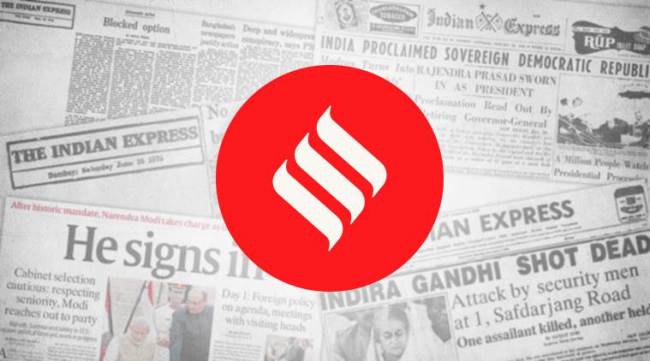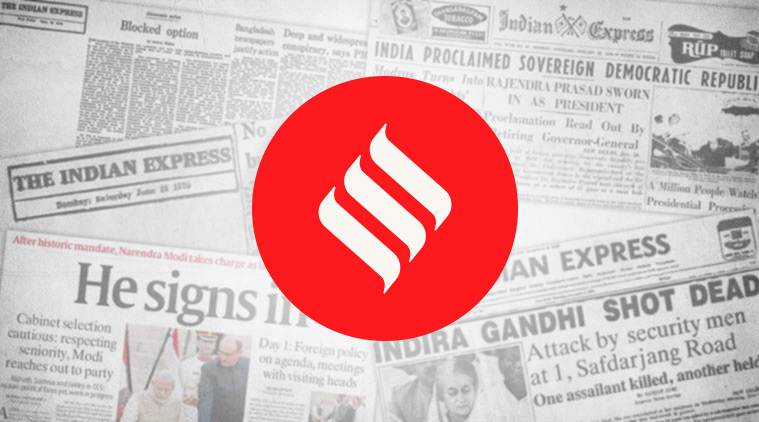Opinion Bigotries unchecked
UP MLA’s comments on Mayawati, silence of BJP leadership, show that coarsening of discourse goes to the top, runs deep

 The language of politics must inevitably snag on the many conflicts of an electoral democracy, and get caught up in its rough and tumble.
The language of politics must inevitably snag on the many conflicts of an electoral democracy, and get caught up in its rough and tumble.
The ugly attack on BSP leader Mayawati by a BJP legislator from Uttar Pradesh cannot be shrugged off as just another example of the coarse jousting that Indian politics has become hardened to. By calling the former UP chief minister “worse than a eunuch”, “neither a man nor a woman”, Mughalsarai MLA Sadhna Singh tapped into the multiple bigotries and prejudices that exist in Indian social life. This is sexist, casteist abuse in language that seeks to dehumanise a politician who has carved out a distinctive place for herself in the political firmament as a leader of Dalits.
Women in Indian politics are routinely subject to verbal and physical violence (Mamata Banerjee and J Jayalalithaa are but two examples), even when they model themselves as selfless icons of motherhood or sisterhood. Mayawati, as a Dalit woman politician who has defiantly played by her own rules, without throwing any crumbs of deference to an upper-caste and predominantly male political establishment, has been a target of abuse for many years now, from rape threats to sniggers about her appearance and lifestyle.
This particular speech by Singh was apparently spurred by Mayawati’s decision to ally with once-bitter foe Samajwadi Party in the upcoming Lok Sabha elections. Singh decried Mayawati as a woman “without honour” for casting aside the memory of the assault on her in 1995, by SP workers. This was not a woman speaking with empathy about a victim of male violence — Singh’s voyeuristic language, the imagery of cheerharan (disrobing), sought to turn the Dalit leader into a figure of disgust and dishonour for her cheering audience. Those who dismiss Singh as a minor leader playing to the gallery are wrong.
Her politics of vilification is a reflection of the ways in which mainstream Indian politics uses all its privilege to police and double down on sexual minorities, women and Dalits. The BJP, which is going to town with its promise to give a new deal to the Dalits as elections near, has reacted with silence to this volley of abuse. Only Ramdas Athawale, an NDA ally and a fellow Dalit, has spoken out in protest. This begs the question: How can a politics of sabka saath, sabka vikaas be sustained in the face of this flagrant caste animosity?
The language of politics must inevitably snag on the many conflicts of an electoral democracy, and get caught up in its rough and tumble. But it is not enough to rue the dipping standards of political rhetoric as a matter of lip service. Language is, also, power weaponised. When it is wielded against those seen to be on the margins of social life with such toxicity, it attacks the dignity and equality that the Constitution guarantees all Indian citizens — man, woman or of the third gender. Political parties must draw the red line at such abuse. And the BJP must realise that words have consequences: There must be a penalty to pay for those like Singh.





